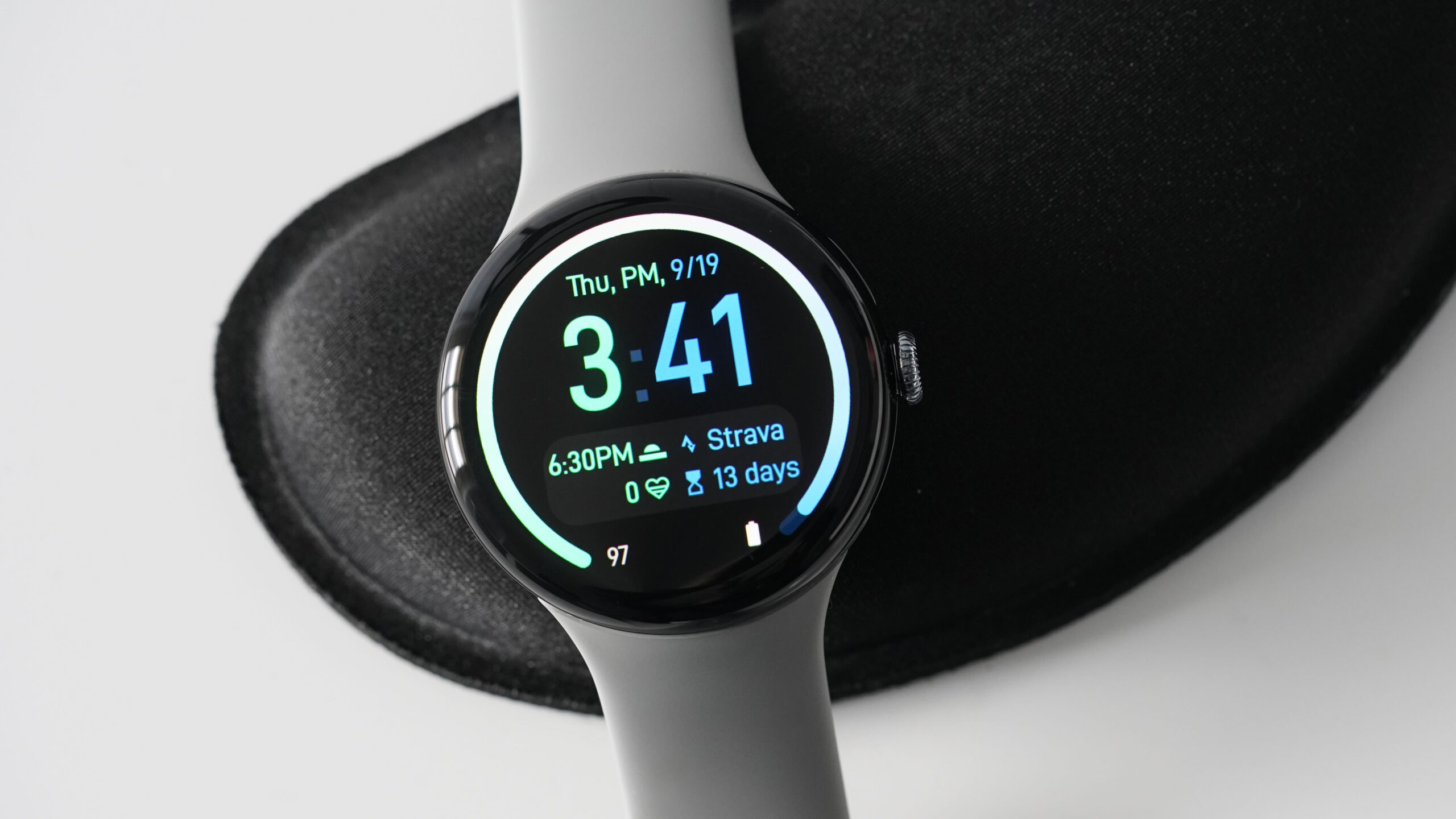
Kaitlyn Cimino / Android Authority
TL;DR
- Google has received FDA clearance for the Pixel Watch 3’s Loss of Pulse Detection feature.
- The feature will roll out to users in the US towards the end of March.
- It uses the Pixel Watch 3’s heart rate sensor to detect a potential loss of pulse and automatically calls emergency services if the user doesn’t cancel the check-in within 15 seconds.
Google debuted a unique, lifesaving feature with the Pixel Watch 3 that can detect when the wearer’s pulse has stopped. The Loss of Pulse Detection feature initially rolled out in several European countries last year, and it will soon be available to users in the US.
As its name suggests, the Loss of Pulse Detection feature uses the Pixel Watch 3’s heart rate sensor to detect your pulse. If it doesn’t detect a pulse, it vibrates your watch and pushes an emergency notification to check if you need help. In case you don’t respond to the check-in within 15 seconds, the smartwatch makes an emergency call and plays an automated message that shares your location and informs emergency services that a pulse wasn’t detected.
The feature rolled out in the EU last year but wasn’t available in the US as it hadn’t received regulatory approval. Google has now confirmed it has received clearance from the Food and Drug Administration (FDA), and Loss of Pulse Detection will roll out to Pixel Watch 3 users in the US by the end of March.
Once it rolls out, users will be able to enable Loss of Pulse Detection by heading to the Safety & emergency section in the Google Pixel Watch app. On its support page, Google clarifies that the feature “may not always be able to detect a loss of pulse and it can’t predict or determine the case of a loss of pulse.” The feature may also erroneously push an emergency check-in due to a poor pulse sensor reading.
Got a tip? Talk to us! Email our staff at [email protected]. You can stay anonymous or get credit for the info, it’s your choice.
What’s your reaction?
Love0
Sad0
Happy0
Sleepy0
Angry0
Dead0
Wink0









Leave a Reply
View Comments